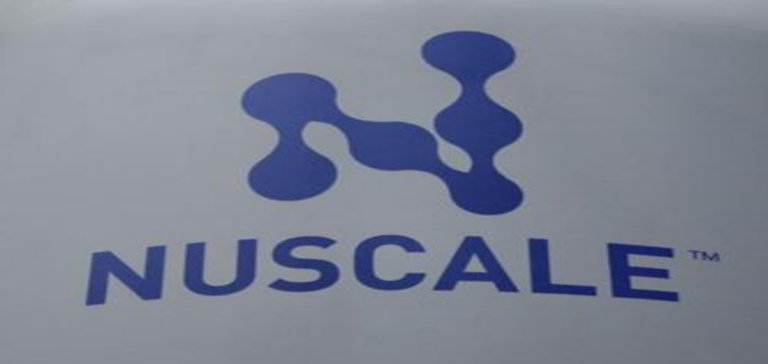NuScale is starting to deploy small modular reactors (SMRs) to fulfill the first order from Poland. At the economic forum in Karpacz in February, NuScale and KGHM Polska Miedź (KGHM) endorsed the first task order.
Poland welcomes the first NuScale SMRs
NuScale is starting to deploy small modular reactors (SMRs) in Poland. Under the agreement, the company will continue to support KGHM’s application to the National Atomic Energy Agency (NAEA). This is the first application in Poland for the deployment of small modular reactors
The announcement is also an important step in laying the groundwork for the launch of the first NuScale VOYGR plant in Poland. This is the company’s first SMR plant in Central Europe. Thus, it allows KGHM to become a catalyst for SMR in the region.
NuScale SMRs are a major focus of the company’s development. Founded in 2007, the company has developed the nuclear technology of small modular reactors to produce electricity. The company is also developing district heating and other process heat applications.
NuScale and KGHM join forces
The NuScale Power Module consists of a small pressurized water reactor. It is capable of generating 77 MWe. One of the main advantages of this technology is its adaptability to best meet the needs of customers.
NuScale’s twelve-module VOYGR-12 plant is capable of generating 924 MWe. The company also offers four-module VOYGR-4 plants with a capacity of 308 MWe. Finally, the six-module VOYGR-6 model has an output of 462 MWe.
KGHM is involved in the mining and processing of valuable natural resources. The company owns and operates the largest copper ore deposit in Europe in Poland. Thus, the company operates in Europe, but also in North and South America.






















